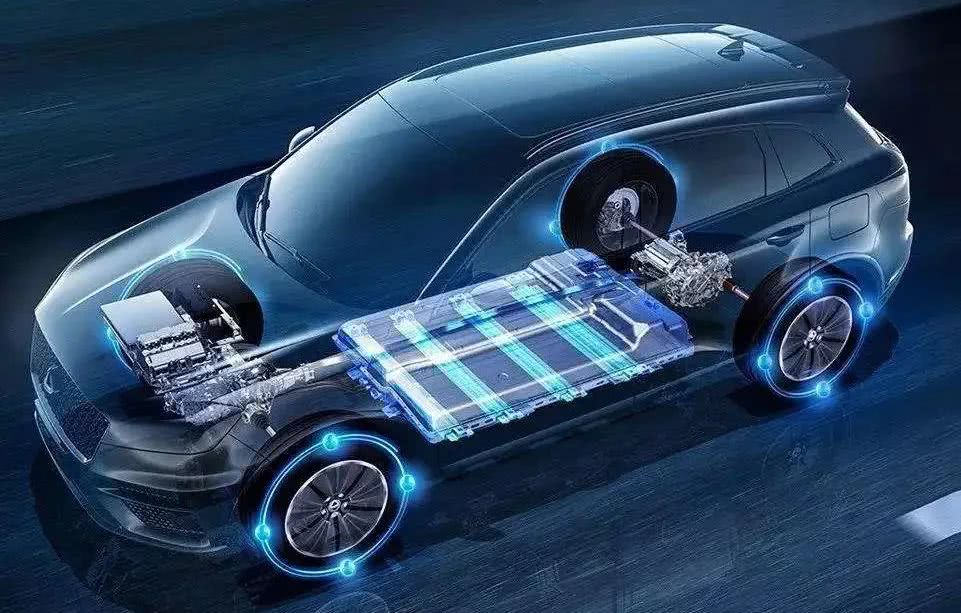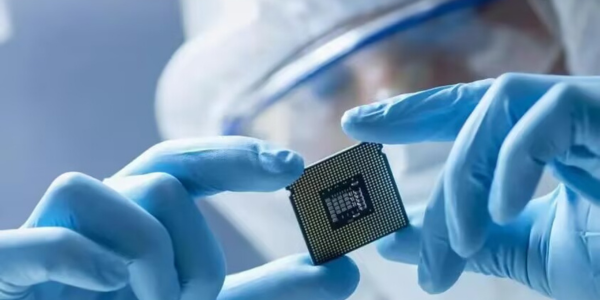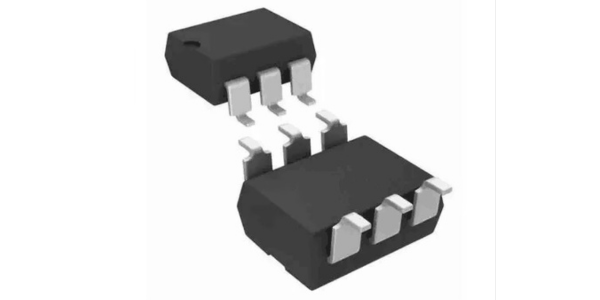Progress on US core restriction: TSMC and Intel's plants in China also granted one-year authorisation
Views : 11
Update time : 2022-10-14 16:26:16
Following SK Hynix's exemption by the US Department of Commerce, semiconductor majors TSMC and Intel have also announced new developments.
On 13 October, TSMC said at its third quarter legal conference that its 28nm semiconductor plant in Nanjing had received a one-year license authorisation from the US Department of Commerce and that the plant's expansion plans could still proceed in step. Today, Intel told reporters that the company also received a one-year authorization from the U.S. Department of Commerce on October 11 to continue operating its NAND chip business in Dalian, China.
TSMC and Intel have semiconductor manufacturing facilities in Nanjing and Dalian, respectively, and on October 7, the US Department of Commerce's Bureau of Industry and Security (BIS) announced a series of new export control regulations that require companies providing advanced manufacturing equipment to Chinese chipmakers to first obtain a licence from the US Department of Commerce.
The new rules affect not only domestic semiconductor manufacturers, but also four foreign companies producing semiconductors in China, SK Hynix, Samsung Electronics, Intel and TSMC, who are also restricted by the policy from sourcing US-based semiconductor equipment and technology to expand their production lines within China. Among the four foreign investors, Samsung Electronics, Intel and TSMC are the only basic chip companies in the world with advanced process production capabilities, and SK Hynix is the world's leading memory manufacturer.
At the legal conference, several institutional analysts asked TSMC how it would assess the impact of the new regulations, and TSMC said: "It is too early to assess the impact" and that "every region is important to TSMC, but we also have to comply with the regulations, and that is our position".
 How many chips does a car need?
How many chips does a car need?
 Position and Function of Main Automotive Sensors
Position and Function of Main Automotive Sensors
 Chip: The increasingly intelligent electronic brain
Chip: The increasingly intelligent electronic brain
 LDA100 Optocoupler: Outstanding Performance, Wide Applications
LDA100 Optocoupler: Outstanding Performance, Wide Applications